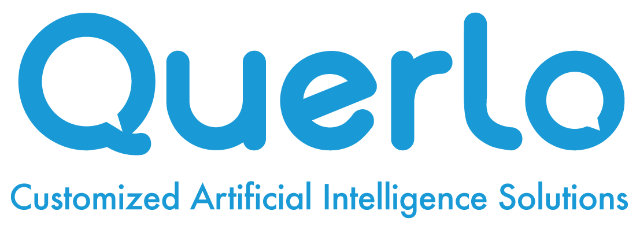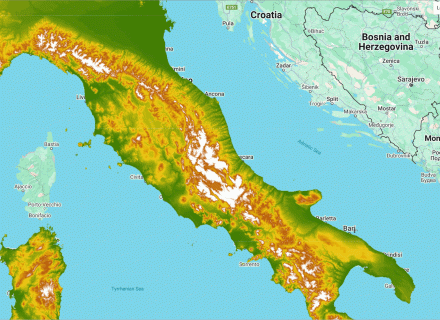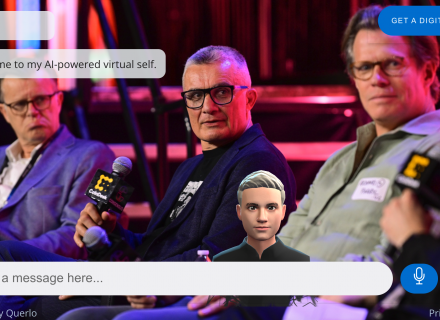Last night, over dinner with friends, the conversation drifted to artificial intelligence. And I was asked a question that, in my opinion, is one of the most relevant and timely questions of our time:
“How will artificial intelligence impact the lives of our children?
And if AI ends up doing so much of the work, what will people do with all their free time?”
It’s a question I hear often, also from founders, executives, parents, and especially from people in their forties and fifties who are looking at their working lives and wondering what the next 10–15 years will look like. Their concern is real: Will my job disappear? What will remain for humans to do?
The truth is simple: things will change. But not necessarily in the dystopian way many imagine.
We Will Work Less, But the Work Will Matter More
Artificial intelligence is already accelerating productivity. Tasks that once took hours now take minutes. Entire processes are automated. Insights that required a team now emerge in seconds.
I recorded my thoughts on this topic (1-2 minutes), transcribed them with one click, and asked my Digital Twin to draft this article. Now I am editing and publishing; the entire process took 10 minutes, maybe less.
This trend won’t stop.
As AI becomes more integrated into everyday work, our workdays will get shorter, not because we’re doing less, but because AI amplifies what we can do.
Fewer hours, yes… but those hours will be intensely meaningful:
- More decision-making
- More strategic thinking
- More creativity
- More opportunities emerging from higher productivity
In essence, AI will take care of the heavy lifting. Humans will focus on judgment, nuance, relationships, and choices.
What Will We Do With Our Extra Time?
This is where the conversation becomes interesting.
If we’re going to work fewer hours, what will fill the rest of our days?
I believe we’ll return to something more human:
- More time outdoors
- More time exercising
- More time talking to people face-to-face
- More time with family and friends
- Less scrolling, less screen time, more intentional living
I’ll be spending more time sail racing with my children!

In a strange way, AI may push us back toward a healthier work–life balance—because it forces us to redefine what “productive time” really means.
But Here’s the Key: Don’t Wait for the Future to Be Decided for You
At the dinner table, I emphasized something I deeply believe:
You must “game-ball” with artificial intelligence.
Don’t stand on the sidelines while others shape the future.
Whether you’re in your 20s or your 60s, you should be:
- Joining AI task forces inside your company
- Learning the difference between commercial, private, and open-source language models
- Understanding the basics of machine learning, even at a conceptual level
- Knowing what it means to run AI on-premise versus in the cloud
- Learning how organizations protect data, intelligence, and intellectual property
- Following compliance standards like GDPR, NIS2, and SOC2
You don’t need to become an engineer.
But you do need to become AI literate, able to participate in conversations that will determine your future.
And….create your own Digital Twin so that you can feel the impact of AI on your own life 👇
Enter the Digital Twin Mission (DTM)
One of the most powerful tools emerging today is the Digital Twin, an always-available version of you that can interact, advise, learn, and grow alongside your real self.
If you want to keep up with what’s coming, you should start by asking yourself the core DTM questions:
1. What do I want my Digital Twin to do?
Advisor? Sparring partner? Mentor? Connector? Evaluator?
2. Who should interact with it?
Entrepreneurs? Colleagues? Clients? Students? Investors?
3. What knowledge should it share on my behalf?
Your experience, principles, methods, expertise, stories?
4. What decisions or insights should it help others with?
Strategy? Innovation? Problem-solving? Training?
5. How can my Digital Twin create opportunities for me in the real world?
Consulting, board roles, collaborations, speaking, teaching, advisory work.
These questions don’t just define your Digital Twin—they define your role in the future of work.
In Summary
Looking 10 years ahead, here’s what I see:
- We will work fewer hours.
- Those hours will be more meaningful, strategic, and impactful.
- AI will elevate, not eliminate, human contribution.
- We will reclaim more human time for relationships, health, and creativity.
- Digital Twins will become part of our personal and professional identity.
- And the people who thrive will be those who understand AI, contribute to it, and collaborate with it.
AI is not something that replaces us, it’s something that works alongside us.
The future isn’t written yet, but it’s unfolding fast.
Go Sailing!

A Final Thought: The Shift We’re Already Seeing
A few days after that dinner, once this article was published, my friend reached out with a sharp observation: AI’s first real impact will be on the big corporations, the ones with thousands of employees . And I think she’s absolutely right.
Even last night at the New York Athletic Club All Sports Dinner, friends in finance and real estate were asking the same questions. Some are quietly starting AI-powered projects and startups while keeping their day jobs. When big systems face pressure, people naturally look toward independence, creativity, and entrepreneurship.
We’re heading toward a world where smaller teams, specialized companies, and agile founders will thrive. It will be a shock at first, but it will also open space for new businesses and new leaders.
The world is big, and opportunities are everywhere, especially for young people willing to think entrepreneurially and globally. I see many of them already trying, experimenting, and pushing the boundaries. What they need now is discipline and commitment, and I am hopeful they will adapt.
The core point remains:
AI isn’t replacing the human journey. It’s expanding it, and if well designed, providing more freedom.


